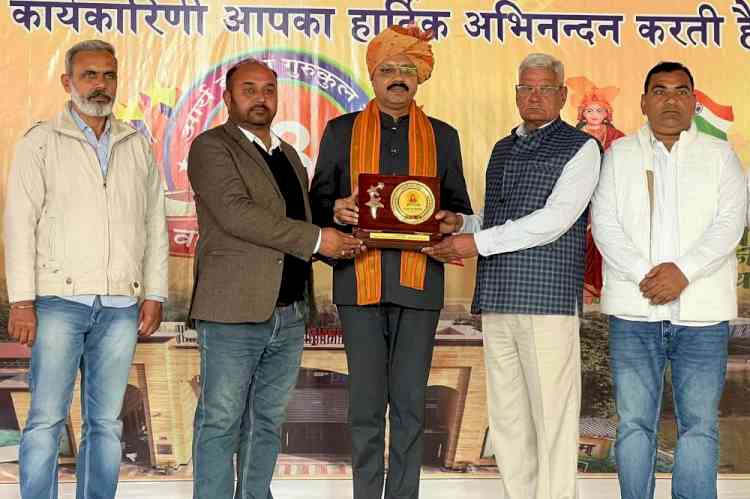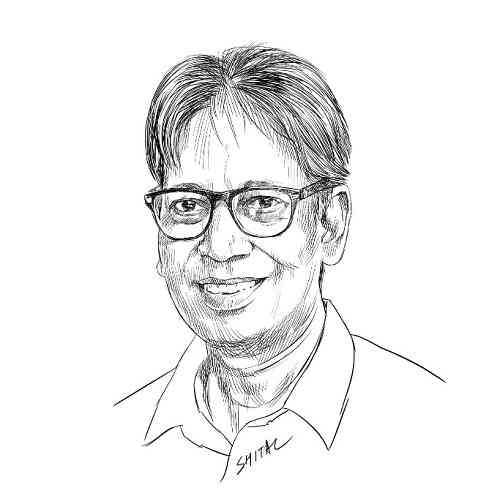Shoolini University Gets UGC Category-1 Status, Joins Elite Group of India’s Top Autonomous Institutions
In a major recognition of academic excellence, Shoolini University of Biotechnology and Management Sciences, located in Himachal Pradesh’s Solan district, has been granted Category-1 status by the University Grants Commission (UGC) under its Graded Autonomy Regulations, 2018. This places the university among the most autonomous and high-performing institutions in the country.

Solan, July 15, 2025: In a major recognition of academic excellence, Shoolini University of Biotechnology and Management Sciences, located in Himachal Pradesh’s Solan district, has been granted Category-1 status by the University Grants Commission (UGC) under its Graded Autonomy Regulations, 2018. This places the university among the most autonomous and high-performing institutions in the country.
The UGC's decision was taken during its 591st Commission Meeting, following a proposal submitted by the university. The university has been placed in the top category after fulfilling the criteria laid out in the UGC’s autonomy framework, which includes maintaining a position among the top 500 universities globally in the Times Higher Education World University Rankings.
With this classification, Shoolini University joins a select group of Indian higher education institutions eligible for a wide range of academic and administrative freedoms. These include starting new courses and departments, launching off-campus centres, and establishing international collaborations—without seeking prior approval from the UGC.
Prof. P.K. Khosla, Founder Chancellor of Shoolini University, expressed pride on achieving Category-1 status in the university's first-ever application under the Ministry of Education.
“This distinction provides us greater autonomy in research and access to enhanced grants. With this momentum, I envision Shoolini University evolving into an institution on par with Oxford in the coming decade. Our leadership comprises academicians and researchers committed to excellence,” he said.
Prof. Khosla also underlined the importance of improving the university’s global research presence.
“We must now focus on increasing our global citations. I firmly believe that Shoolini will be among the top 50 global universities within the next 10 years.”
According to the UGC guidelines, Category-1 institutions must inform the Commission within 30 days in case of any drop in ranking or accreditation. Failure to maintain the required standards may result in a shift to a lower category, leading to the withdrawal of the associated privileges. However, any initiatives already undertaken under the earlier status will be allowed to continue until their logical completion.
The university has also been asked to notify the UGC about the benefits it plans to implement under its new status from the forthcoming academic session. It is required to submit a written acknowledgment committing to compliance with all provisions of the UGC’s Graded Autonomy Regulations.
As part of the autonomy benefits, Category-1 universities are also eligible to offer programmes in Open and Distance Learning (ODL) mode, provided they meet specific regulatory requirements. The university will need to submit programme details, supporting documents, and a formal affidavit on the UGC-DEB portal to avail themselves of this provision.
The recognition is being seen as a significant boost not only for Shoolini University but also for the growing profile of private universities in India aiming to match international academic standards.



 City Air News
City Air News 










